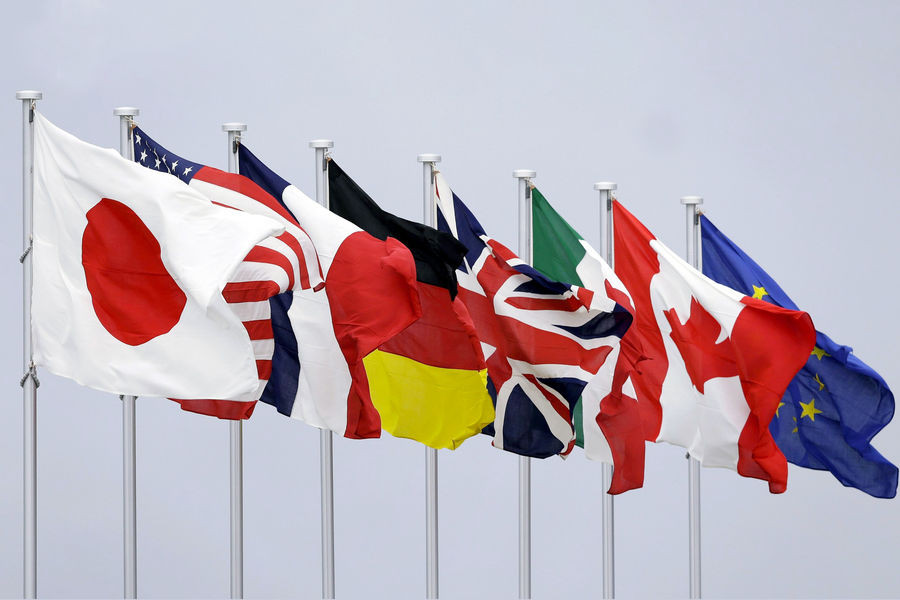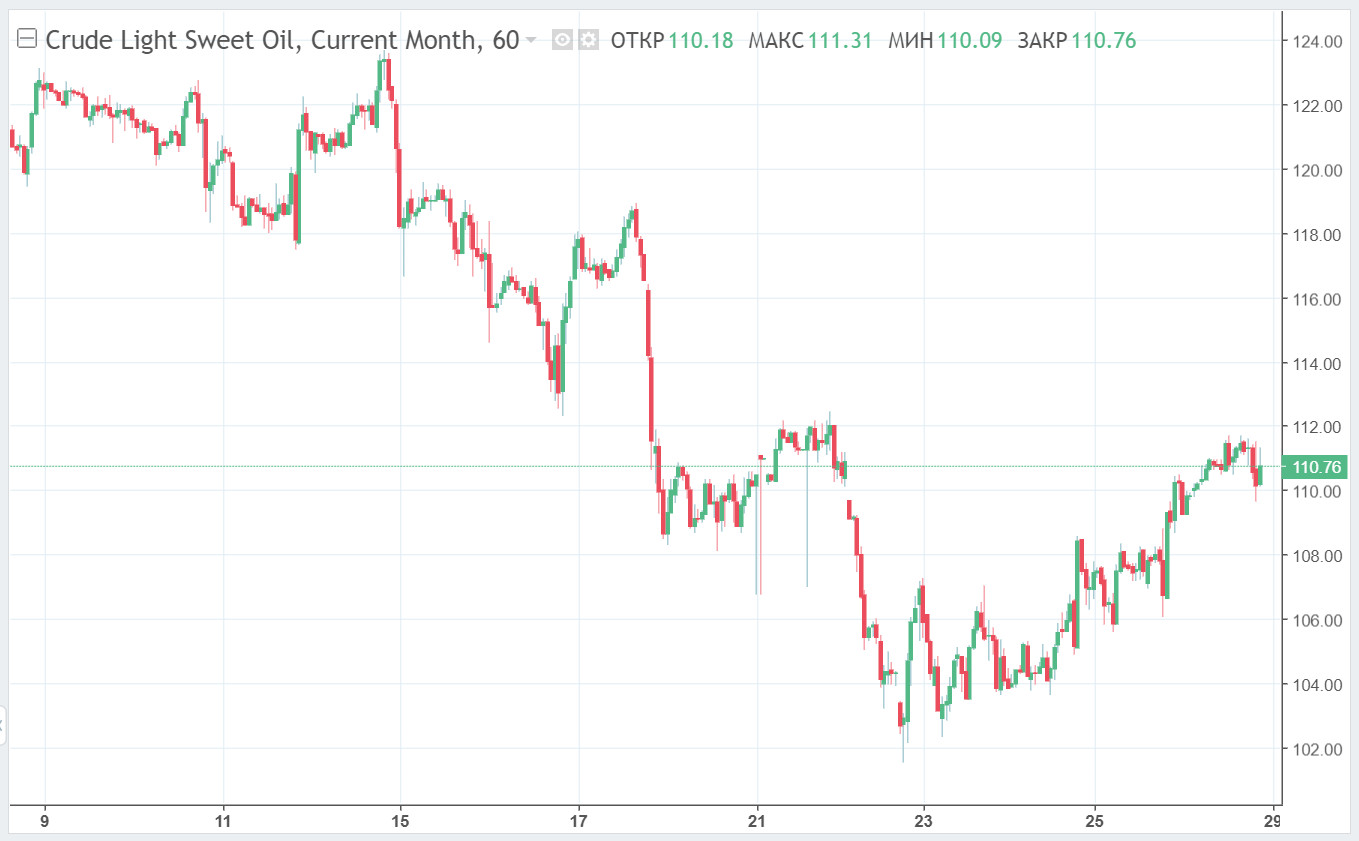
Oil prices continue to rise on Tuesday. The price of August Brent crude futures on the London ICE Futures Exchange by 16:40 London time was $113.13 per barrel, that is, 1.94% higher than the closing price of the previous trading session. According to the results of Monday's trading, these contracts rose by 1.7%, reaching a price of $115.09 per barrel.
The price of WTI crude oil futures for August at electronic trading on the New York Mercantile Exchange by this time reached $110.76 per barrel, rising from the final value of the previous trading day by 1.10%. The value of these contracts increased by 1.8% on Monday, reaching the level of $109.57 per barrel at the end of the session.
Since the beginning of 2022, oil has risen in price by 50% amid the beginning of Russia's special operation on the territory of Ukraine, which, in general, turned the situation on the entire global market upside down.
The burning topic of the commodity market in recent weeks is the high probability of a significant reduction in the supply of energy resources. The world media reported that oil supplies from Libya are at risk of decreasing due to the political crisis in the country, and oil production in Ecuador may be suspended due to anti-government protests that have escalated in the country.
In addition, the prospects for increasing supplies from the key oil-producing countries of the UAE and Saudi Arabia remain very limited. French President Emmanuel Macron told US President Joe Biden at the G7 summit in Germany that the level of oil production in these countries is almost at maximum levels today.
But, despite this, the shortage of raw materials on the world market still persists. And for a stable decline in oil prices, the market needs to receive much more barrels of oil than it receives today.
The OPEC+ meeting on Thursday is likely to help shed light on the future prospects for oil production. It is predicted that the member countries of the cartel will continue to adhere to the increase plan that they set at their last meeting.
As for taking measures to limit the prices of Russian oil, there is finally some certainty. The leaders of the G7 countries finally reached an agreement during the latest meeting and, according to the statement, will take immediate action in order to provide the market with uninterrupted energy supplies and reduce the rise in prices for them, including working out additional measures such as price restrictions. But it seems that the G7 countries have yet to work on technical options on how to limit the Kremlin's income from the sale of energy resources.
The agreement was reached in the early hours of the third day of the G7 summit. It is worth saying that it followed the growing discontent of Western European countries, which, due to the hasty imposition of an embargo on Russian energy carriers, suddenly faced a strong increase in oil prices. It became obvious that sanctions against Russia turned out to be counterproductive, as they destroy the prospects of the economy not of the Russian Federation, but of the entire Western European community. Rising gas and oil prices raise the Kremlin's revenues and at the same time provoke an increase in inflation in Europe and the United States.
The G7 countries, among other things, plan to create an international Climate Club by the end of 2022 in order to reduce the global temperature by 1.5 degrees.
It is noteworthy that the G7 countries do not plan to impose sanctions against the import of agricultural products from Russia. This was directly stated at the G7 summit, which was chaired by Germany. The sanctions packages will not be directed against food products, as the EU in the current conditions urgently needs a free flow of agricultural products, including from Russia.






















